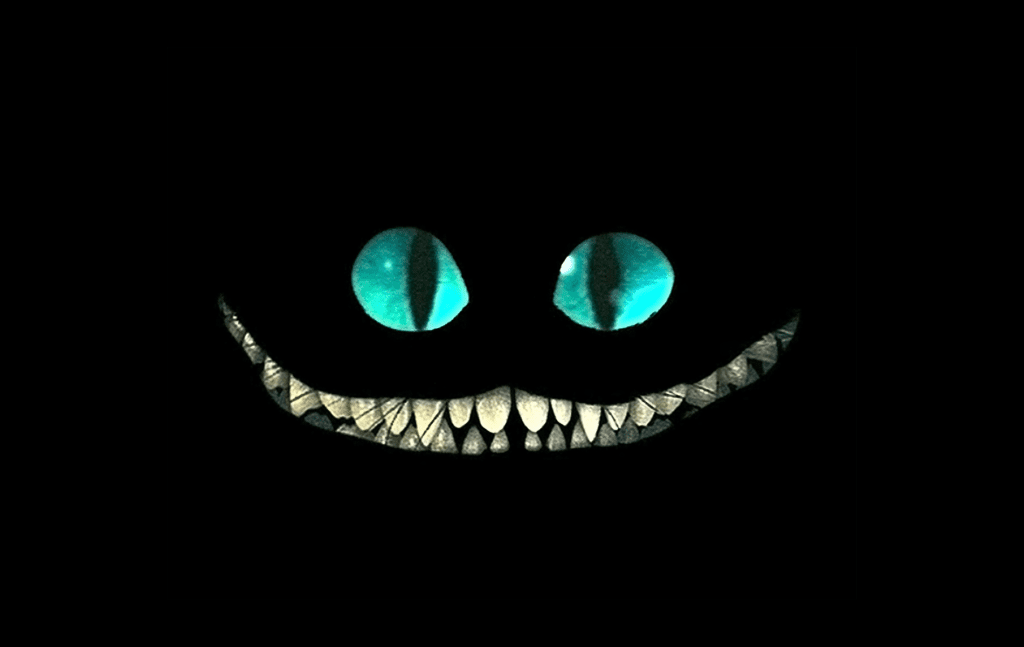
Despite his fame, Alice in Wonderland it's a novel, at least, misunderstood. It has always been so since its publication in 1865 by the English mathematician, logician, photographer and writer. Lewis Carroll, whose real name was Charles Lutwidge Dodgson. Little could Carroll himself imagine that the adventures of the alter ego Alicia Liddell's literary work, the girl in whom she was inspired to create her protagonist, would end up enjoying such popularity.
If there is something good about this story, it is that, as we will see below, children and adults can enjoy it. After all, Alice in Wonderland is not just one of the most honest fantasy tales out there - and precisely by not aspiring to be more than he is, he manages to be more than he seems-, but also one of the best novels that the literature of the absurd has produced.
Is it that nobody is going to think about children?
"And the moral of this story is… Wow, I forgot!"
"Perhaps I have no moral," Alicia dared to observe.
"Of course it has a moral!" Exclaimed the Duchess. Everything has its moral, the case is to find it.
Among the main criticisms it has received Alice in Wonderlands, especially at the time of its publication, we find that lacks moral. It is a tale ahead of its time, free from the tedious moralistic air of other tales.. The moral is not imposed by the author, but each one can find a different one among its pages.
This amorality of the novel allows him to present absurd, cruel, and illogical situations without any qualms. None of them intend to teach Alice a lesson, only make him doubt what until then he considered "reality" and "sanity."
The importance of language
"You mean you can find the solution to the riddle?" Said the March Hare.
"Exactly," Alicia replied.
"In that case, you must speak your mind," the Hare insisted.
"It's what I'm doing," Alicia replied, "or at least I think what I'm saying, which amounts to the same thing."
"How can it be the same?" Exclaimed the Hatter. Is it the same to say "I see what I eat" as "I eat what I see"?
"How can it be the same!" Chanted the March Hare. Is it the same to say "I like what I have" and "I have what I like"?
It is evident, shortly after we read the novel, that Lewis Carroll attaches a capital importance to language. The vast majority of the comic, and not so comic, situations that develop in it are the result of Word games or linguistic misunderstandings.
Because of this, many authors have wanted to see in Carroll a forerunner of the philosopher Wittgenstein, especially with regard to his theory on isomorphism or "identity between language and reality." On the other hand, his famous quote “everything that can be said can be said clearly; and what cannot be talked about, it is better to shut up », from Tractatus Logico-Philosophicus, it is applied in many of the passages of the novel.

The iconic smile of the Cheshire Cat, one of the most famous secondary of Alice in Wonderland.
Descending down the rabbit hole
"Well, he's two days late!" The Hatter sighed. I already told you that butter does not work out! He added, looking at the Hare.
—And that was from the BEST quality, ”said the contrite Hare.
"Sure, but the butter will have gotten some crumbs," growled the Hatter; You shouldn't have smeared the watch with the bread knife.
The March Hare took the watch, examined it with grave concern, and plunged it regretfully into the teacup; then he examined it again, but could think of nothing better than to repeat what he had said before:
"It was butter from the BEST quality!
Many reasons could be given why Alice in Wonderlands is a good story, but I'll close with the most obvious of all: it is entertaining. It is a story that never bores, that surprises, and is on the rise until its end. Many times we forget that the main reason to read a book is because it is fun, something that reminds us, and more than achieves, the work of Carroll.
What at first glance seems like a children's story contains a fascinating story. But let's not fool ourselves: it is a children's story. Although this does not mean that adults are incapable of enjoying it, since in her honesty lies her strength and beauty. Nietzsche said that "there are spirits that muddy its waters to make them appear deep." In case of Alice in Wonderland it is just the opposite: like looking at the bottom of a river, perhaps absurd and illogical, but transparent.
"What a mania for arguing all these critters have!" Alicia muttered. It is that they drive her crazy! […] Nothing… it's useless talking to him! Alicia was saying desperately. He's a perfect asshole!